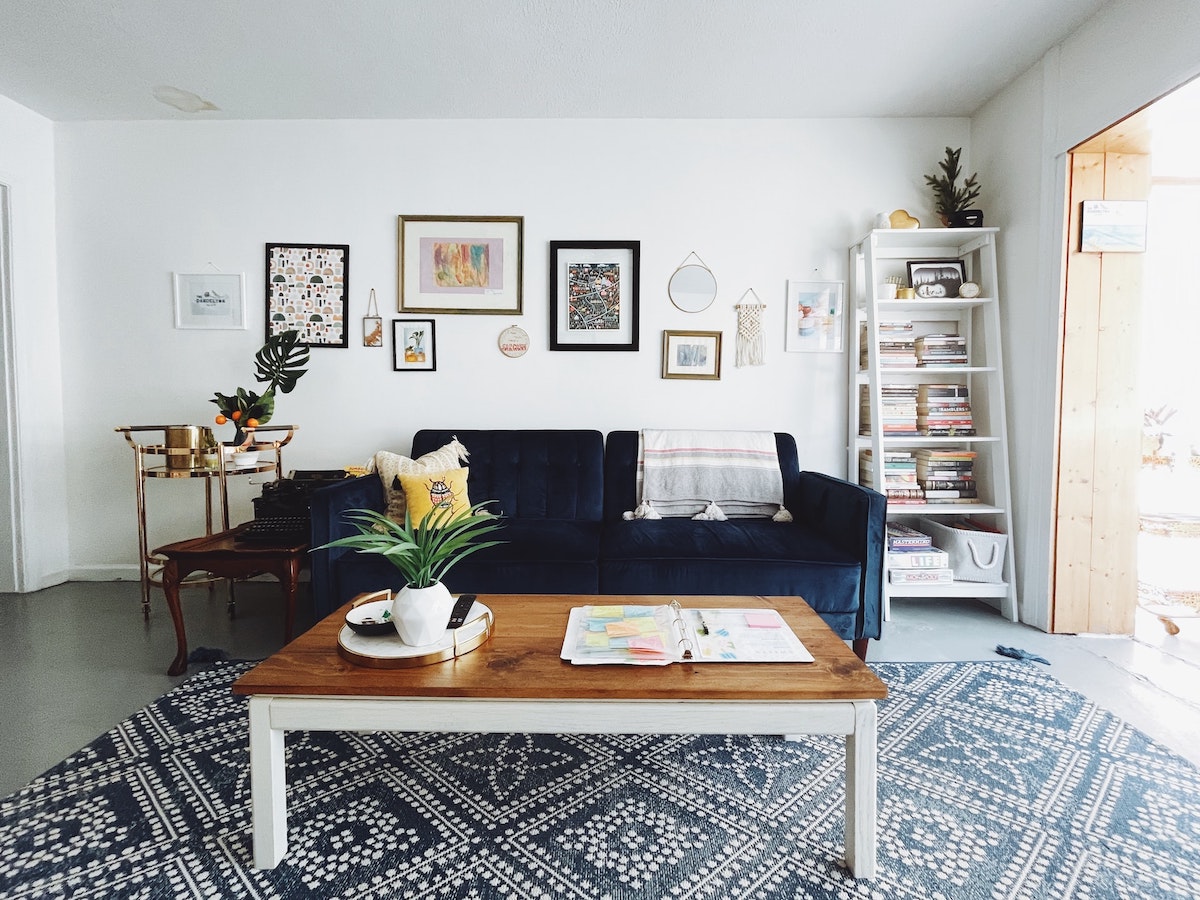Table of Contents
With over 300 million nights and experiences booked between 2017 and 2021, Airbnb businesses have become a popular venture. Some people start and operate it simply as a side hustle, while others have successfully turned it into a full-time career.
Much of its popularity can be attributed to the fact that you don’t need a degree or special skills to start your own Airbnb business. All you basically need are an eagerness to learn, willingness to put in hard work, and the financial means. In fact, if you decide on the Airbnb rental arbitrage approach, you can even start your own Airbnb business without owning any property. To help you get started, here’s the process broken down in five simple steps.
Step 1: Identify a market
Not all real estate markets are suitable for vacation rentals. Some simply don’t have enough tourist demand in order to run a sustainable short-term rental business. While the destination doesn’t necessarily need to enjoy all-year demand, there should be enough tourist attractions and activities that will give travelers a reason to visit your city.
After you’ve identified a few possible markets, it’s key that you also research the local rules and regulations. In some cities, short-term rentals are illegal. Even if it’s legal in the city that you have in mind, it’s important that you check if there are any limitations regarding the number of nights per year you may rent out your property, for example. This brings us to our next point…
Step 2: Apply for permission and licenses
If short-term rentals are legal in the city that you’ve chosen, you might still have to apply for permission and licenses. To help you with this step, it’s best to reach out to a business attorney who has experience working with vacation rentals.
Step 3: Get vacation rental insurance
Just like you won’t drive off in your new vehicle without the necessary insurance in place first, it’s crucial that you get vacation rental insurance before you decorate your property and host your first guest. Sure, the mainstream vacation rental platforms, such as Vrbo and Airbnb, have some form of insurance, but these policies are inadequate and exclude a number of scenarios.
Step 4: Shop for amenities
With most of the admin-related tasks out of the way, it’s time that you can turn your attention to the fun part — shopping for your Airbnb property. You’ll need a long list of supplies to ensure that your property is guest-ready and that your guests will have a memorable stay. As guests shouldn’t be required to bring along their own supplies, you’ll need to double-check that you have all the kitchen, bedroom, and bathroom essentials. In addition to all these basics, you’ll also need to buy and invest in a few nice-to-have-features that will make your guests’ stay more enjoyable like:
- Wi-Fi
- A coffee machine
- Air conditioning
- Board games
- Luxury toiletries
- Welcome snacks
Step 5: Create a listing
Once your place is ready to welcome the first guests, you can publish your listing on Airbnb, and possibly even create your own business website that you can use to attract more direct bookings. For this step of the process, you’ll need to complete the following tasks:
- Write a detailed description of your rental. To help you generate more reservations, focus on the features that make your property unique. While you’re allowed to boast, it should still be completely accurate.
- Hire a professional photographer to take photos of your property
- Craft a catchy title for your listing
- Write a short host profile that includes a description of yourself
While vacation rental sites like Airbnb, Booking.com, and Vrbo attract a lot of website traffic, you’ll still need to market yourself. Now, once you have a published property listing and/or a live website that you can direct potential travelers to, be sure to make time for some extra marketing too. Nowadays, all businesses need a strong online presence, and starting an Airbnb business is not any different.


